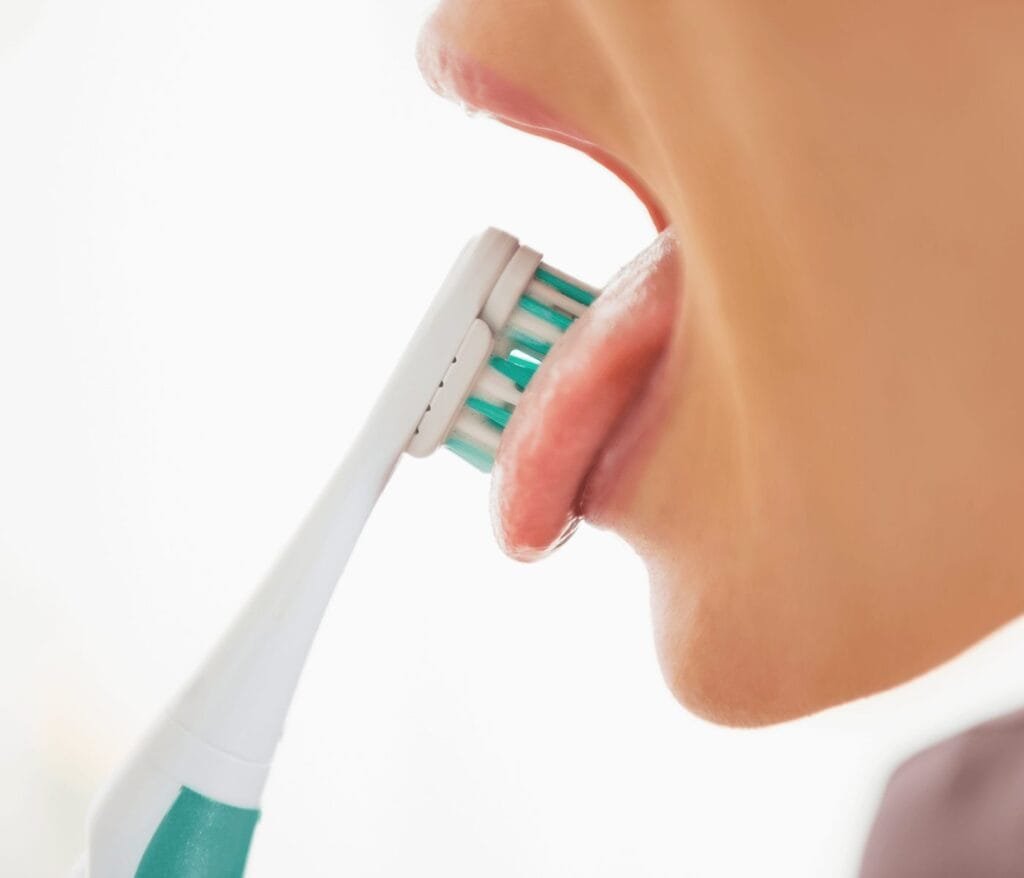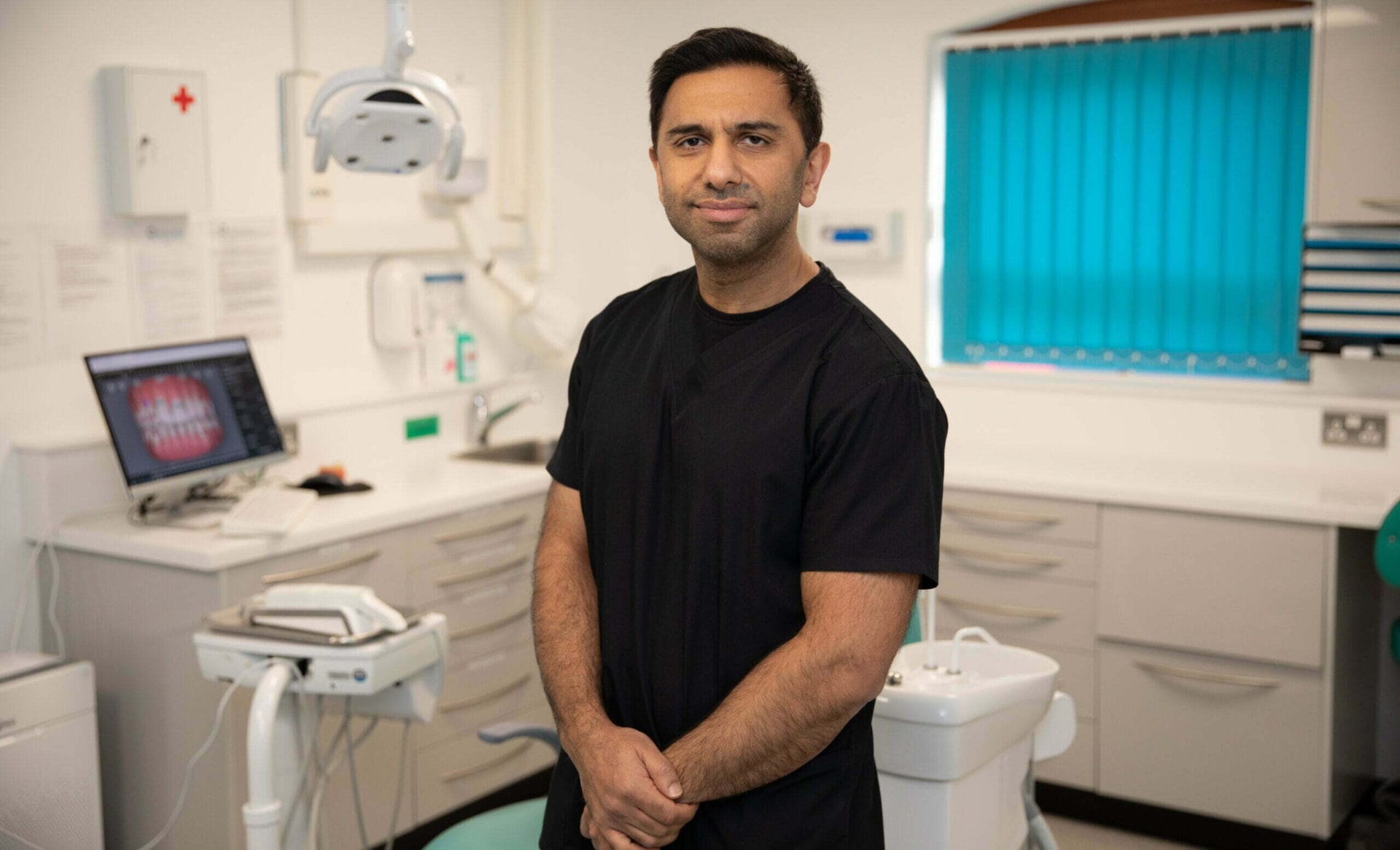
Have you ever experienced a tingling sensation in your tongue, leaving you puzzled and perhaps a bit concerned? This sensation, often described as pins and needles or a slightly numb tongue, can catch anyone off guard. It’s your body’s way of waving a little flag, indicating that something unusual is happening.
In some cases, you may need to seek medical attention, while in others, it’ll resolve on its own. Let’s talk about the possible reasons for this sensation and, more importantly, let you know that solutions are often within reach.
Allergic Reactions
Allergies are a common reason for a tingling sensation in the tongue. This reaction could be due to specific foods, medications, or dental care products. If you notice a tingling after exposure to certain substances, it may indicate an allergic reaction. There are treatment options for allergic reactions, but it’s important to speak to a medical professional as soon as you can if you think this is what’s causing your tongue numbness.
Vitamin Deficiencies
Deficiencies in essential nutrients, such as vitamin B12, iron, and folate, can also cause your tongue to tingle. Ensuring your diet includes a wide range of nutrients can help prevent this issue.
Oral Health Issues
Conditions like oral thrush or dry mouth may lead to tingling in the tongue. Maintaining good oral hygiene and regular dental check-ups can help prevent any serious problems and keep your oral health in the best possible condition.
Nerve Damage
Nerve damage, which might occur from an injury or as a complication of underlying conditions like diabetes, can lead to tingling sensations. This symptom could be one of the early signs of nerve damage or dysfunction.
Canker Sores
Canker sores are small, painful mouth ulcers on the tongue or inside the mouth. They can cause a tingling or burning sensation. While the exact cause of canker sores is unknown, stress, minor mouth injuries, and acidic or spicy foods can trigger them. Good oral hygiene and avoiding irritant foods can help prevent canker sores.
Burns
A burn on the tongue, often from consuming hot foods or beverages, can lead to a temporary tingling feeling during the healing process. It’s important to let hot foods cool down before eating and to treat the burn with cool water or ice to reduce discomfort.
Medications
Some medications can cause a tingling sensation in the tongue as a side effect. If you experience this after starting a new medication, consult with your healthcare provider. There may be alternative medications without this side effect.
Migraines
Migraines or severe headaches can come with a range of symptoms, including a tingly tongue. If you have migraines and experience tingling in your tongue, discussing migraine management strategies with a healthcare provider can help alleviate this symptom.
Hypoglycemia
Hypoglycemia, or low blood sugar, is an underlying condition that can sometimes manifest as a tingling sensation in the tongue. Eating small, regular meals that include a balance of proteins, fats, and carbohydrates can help maintain stable blood sugar levels and prevent this symptom.
Taking the Next Step Toward Relief
If you’ve been experiencing a tingling sensation or tongue numbness, it’s important not to ignore it. Whether the cause is as simple as an allergic reaction or as complex as nutritional deficiencies or nerve damage, understanding the root of the problem is the first step towards finding relief. Especially when it comes to your oral health, some of these symptoms can be early indicators of conditions that require professional attention.
At our Leeds dental practice, we’re committed to not only treating symptoms but also addressing the underlying causes of your discomfort. Our team of dental professionals is here to provide expert care, tailored advice, and the latest treatments to ensure your oral health is in the best possible condition. Reach out today to book your consultation.



















